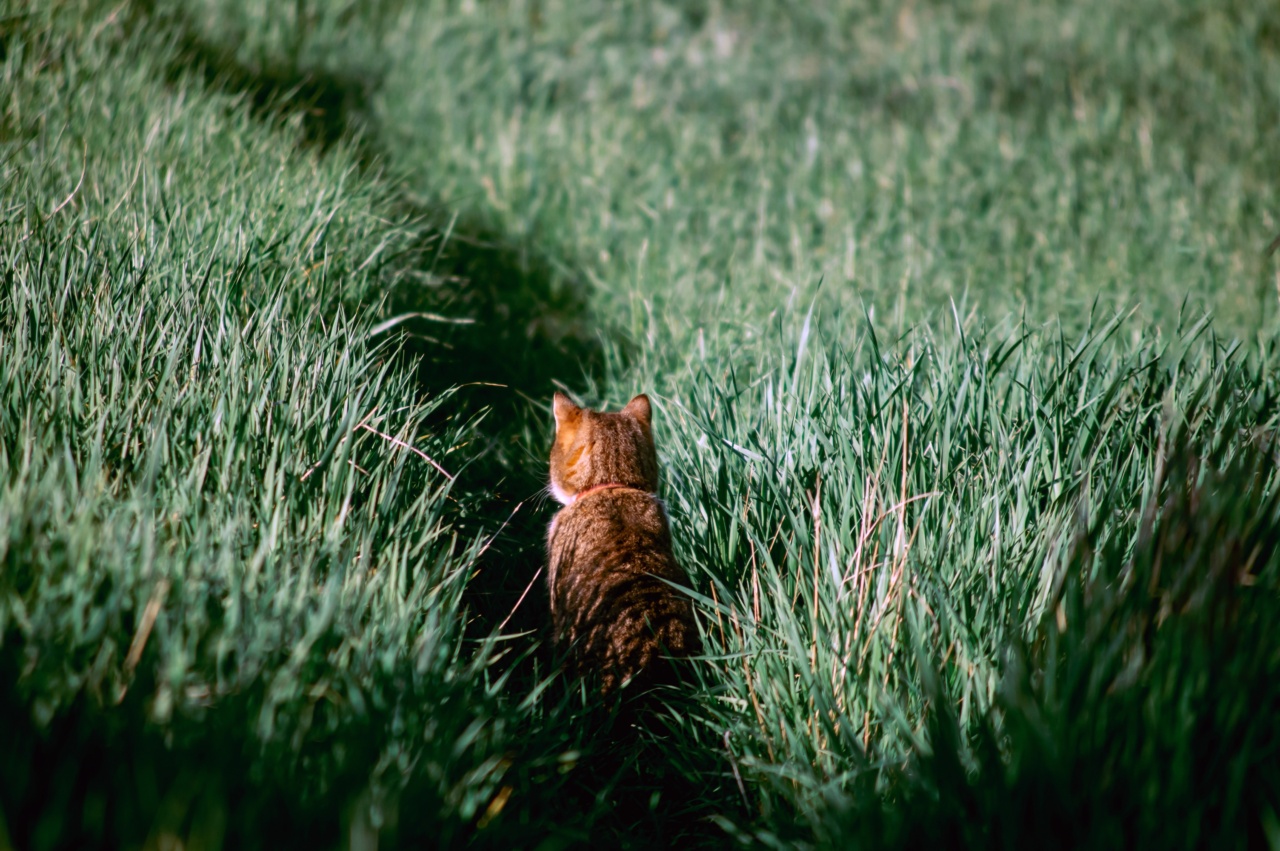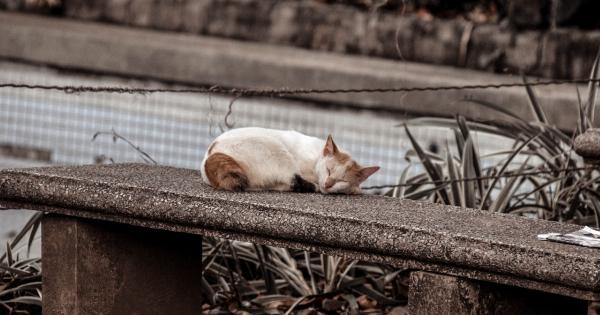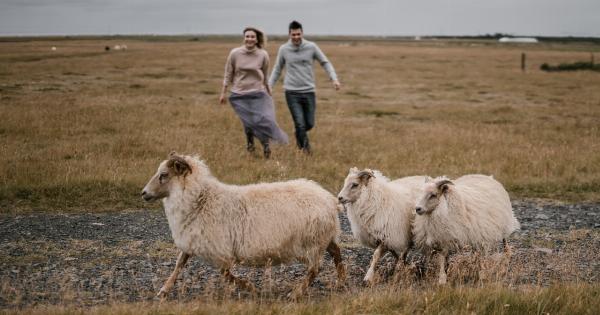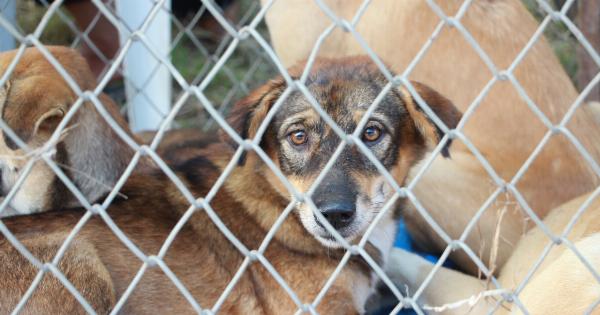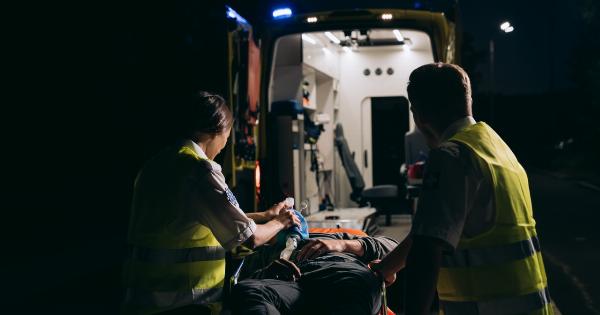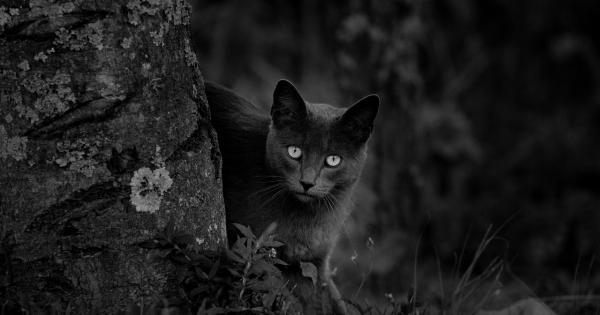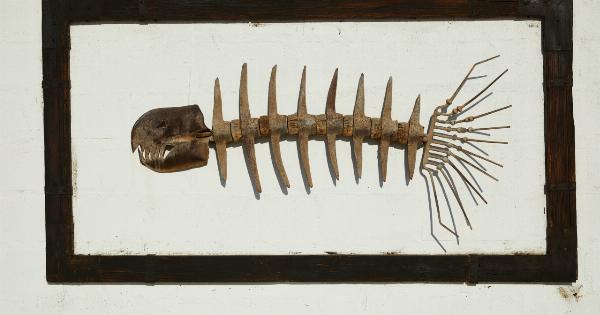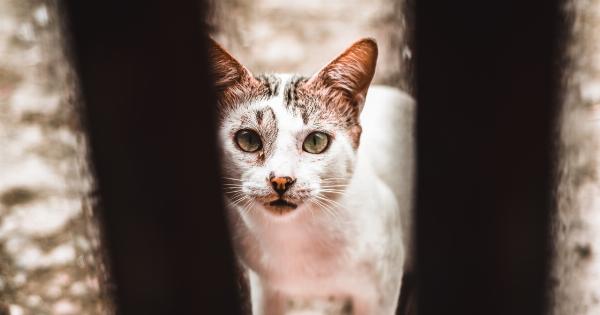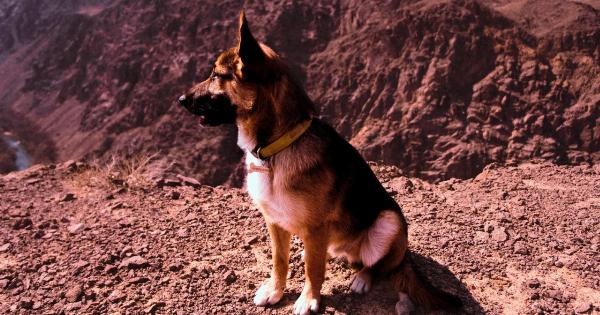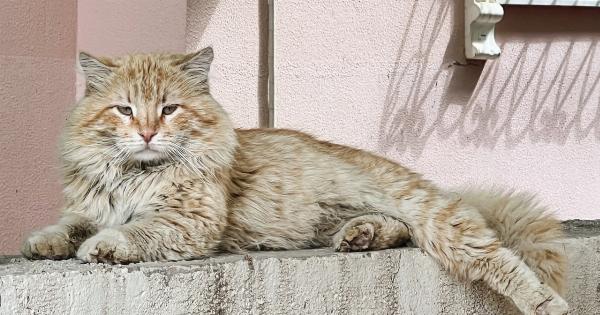Cyprus has been under conflict for more than 40 years now, and the island is still divided.
The northern part of Cyprus is known as the occupied zone, where Turkish Cypriots reside, and the southern part is the Republic of Cyprus, which is mainly inhabited by Greek Cypriots. The division of the island is not only political but also human and environmental. It also affects animals and their welfare, something that is often overlooked.
The story of the cat left behind
In the summer of 1974, the Turkish army invaded Cyprus, causing a massive displacement of people and animals.
Those who lived in the areas that were captured by the Turkish army had to flee for their lives, leaving everything behind, including their pets.
One of these pets, a cat, was left behind in the occupied zone. The cat was scared and alone, wandering the streets, looking for food and shelter.
Over the years, people have seen the cat and helped it from time to time, but no one has given it a permanent home.
The challenges for animals in the occupied zone
The story of the cat left behind is just one example of the challenges animals face in the occupied zone. The conflict has had a significant impact on the environment and wildlife, and the conditions for animals are difficult.
The area is heavily militarized, and there are landmines and other dangerous remnants of war that pose a risk to animals.
The division of the island has also led to the fragmentation of habitats, which has affected the survival of many species.
The situation is particularly challenging for migratory birds, which used to pass through Cyprus on their journey between Europe and Africa. Today, their habitats have been destroyed, and they face multiple threats, including poaching and illegal hunting.
Efforts to help the animals in the occupied zone
In recent years, there have been efforts to address the problem of animal welfare in the occupied zone. Animal welfare organizations have been working to help stray animals, including providing food, water, and shelter.
They have also been running campaigns to raise awareness of the issue and encourage people to adopt homeless pets.
In addition, there have been efforts to address the problem of landmines and other remnants of war in the occupied zone.
Demining organizations have been working to clear areas of landmines, which not only helps humans but also makes the area safer for animals. The clearing of landmines also helps to restore habitats, which benefits the local ecosystem and wildlife.
The importance of caring for animals in conflict zones
The story of the cat left behind in the occupied zone shows how conflicts can have far-reaching effects, including on animals.
Animals are often forgotten victims of war and displacement, and their welfare should be taken into account when addressing the needs of people affected by conflict.
Caring for animals in conflict zones is not only a matter of compassion, but it also has practical implications. A healthy ecosystem and stable habitats are essential factors for human wellbeing, and animals play an important role in maintaining them.
By helping animals, we are also helping to sustain the environment and the local communities.
Conclusion
The story of the cat left behind in the occupied zone is a reminder that the impact of conflict goes beyond humans.
Caring for animals in conflict zones is an essential aspect of humanitarian work, and it has practical implications for the environment and local communities. We must not forget the animals affected by conflict and displacement and work together to ensure their welfare in these challenging situations.
